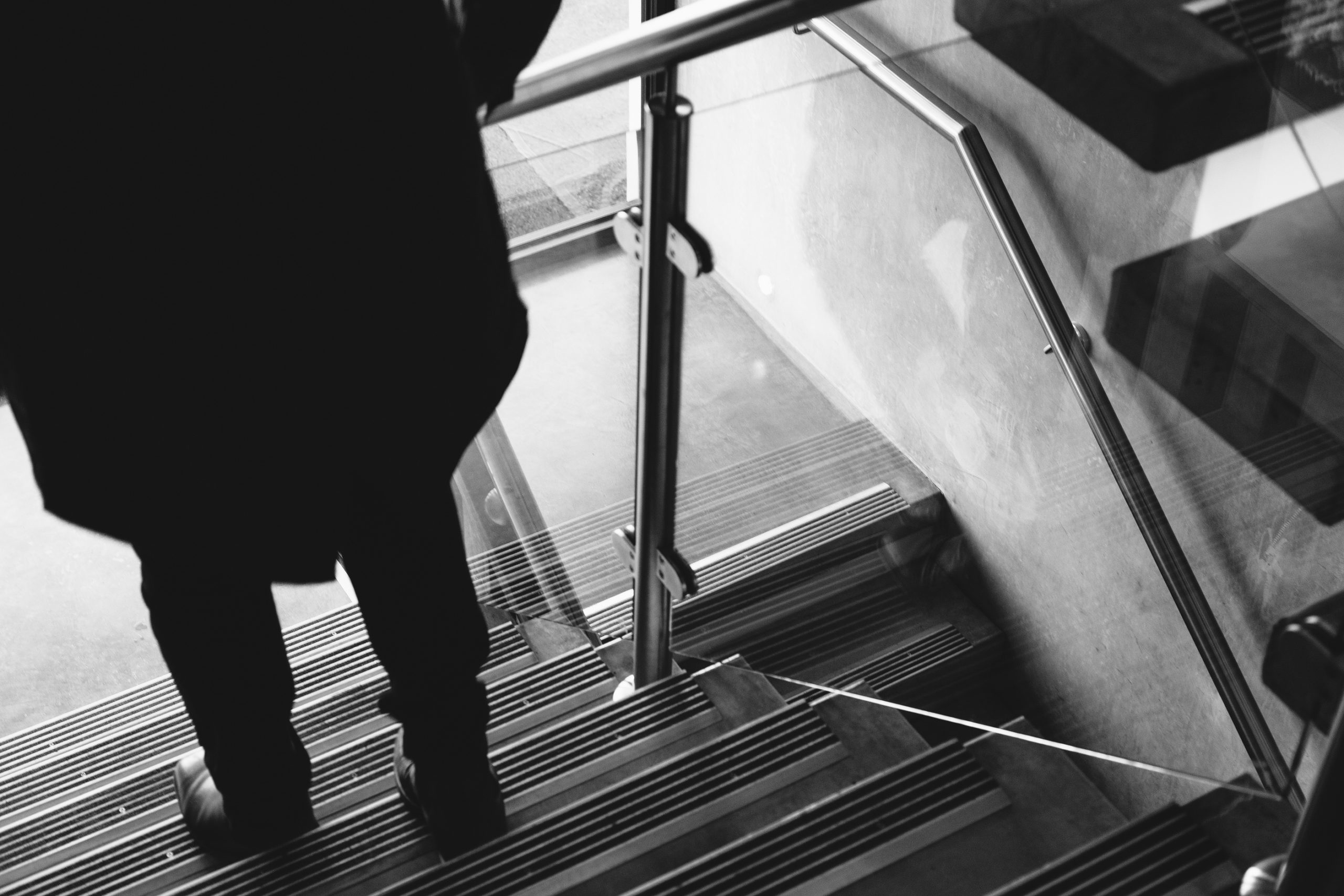Personal Injury at the Workplace: Who's Really to Blame?

If you were injured at work, you may be asking some of the following questions:
-
Is my employer responsible for my injury?
-
What fault do I need to prove?
-
What are my next steps?
These are all good questions and ones that we frequently help our clients address. Here we discuss some of your biggest and most basic concerns.
Employer’s Responsibility
Your employer has a legal duty to protect his employees, contractors, and even visitors from accidents or injuries in the workplace. Though certain jobs lend themselves to more injuries than others, an employer must take reasonable care in order to maintain safe working conditions and/or let you know of potential hazards. This obligation may require an employer to maintain proper facilities and provide necessary tools for you to perform your job safely. An employer may also have a legal duty to report certain incidents and give you time off after a workplace accident.
Where the Fault Lies
In order to receive compensation, the injury itself is ordinarily not enough. You may also need to prove that somebody was at least partially at fault for the injury. Louisiana is a “no fault” state when it comes to being injured on the job, so your Workers Compensation claim will be limited by this law. However, if you can prove that either somebody acted negligently or intentionally wrongfully, then you may be able to bring a parallel action to recover more than what the Workers Compensation laws allow. Louisiana follows a “comparative fault” rule, which reduces your damages in proportion to the amount of fault assigned to you for your injury. Thus, if you are found to be 20% at fault for your injury, your compensatory damages will be reduced by this amount.
Next Steps
Each personal injury claim is different and we strongly recommend consulting with an experienced attorney to help determine the relative strength of your claim. In the meantime, however, we encourage you to keep a record of all relevant facts and data to your claim. Take pictures of any hazardous conditions and save any evidentiary significant items. Review your contract to determine whether you are entitled to any special time off or compensation. Also keep in mind that there is a statute of limitations, or deadline, on the amount of time that you will have to file your personal injury claim. Under Louisiana law, you generally have one year after the date of the accident to file your claim in court. With all these factors to consider, having the right legal team behind you can make all the difference for your personal injury claim. At Smiley Law, we have been helping clients get compensated for their injuries. Call us today for all your personal injury needs.





